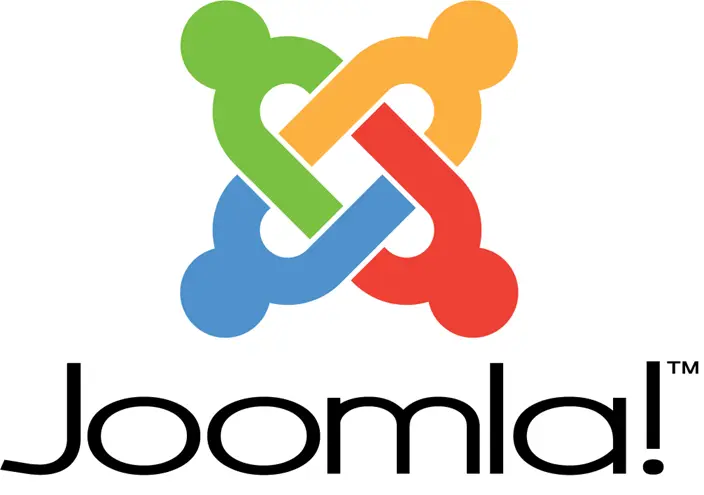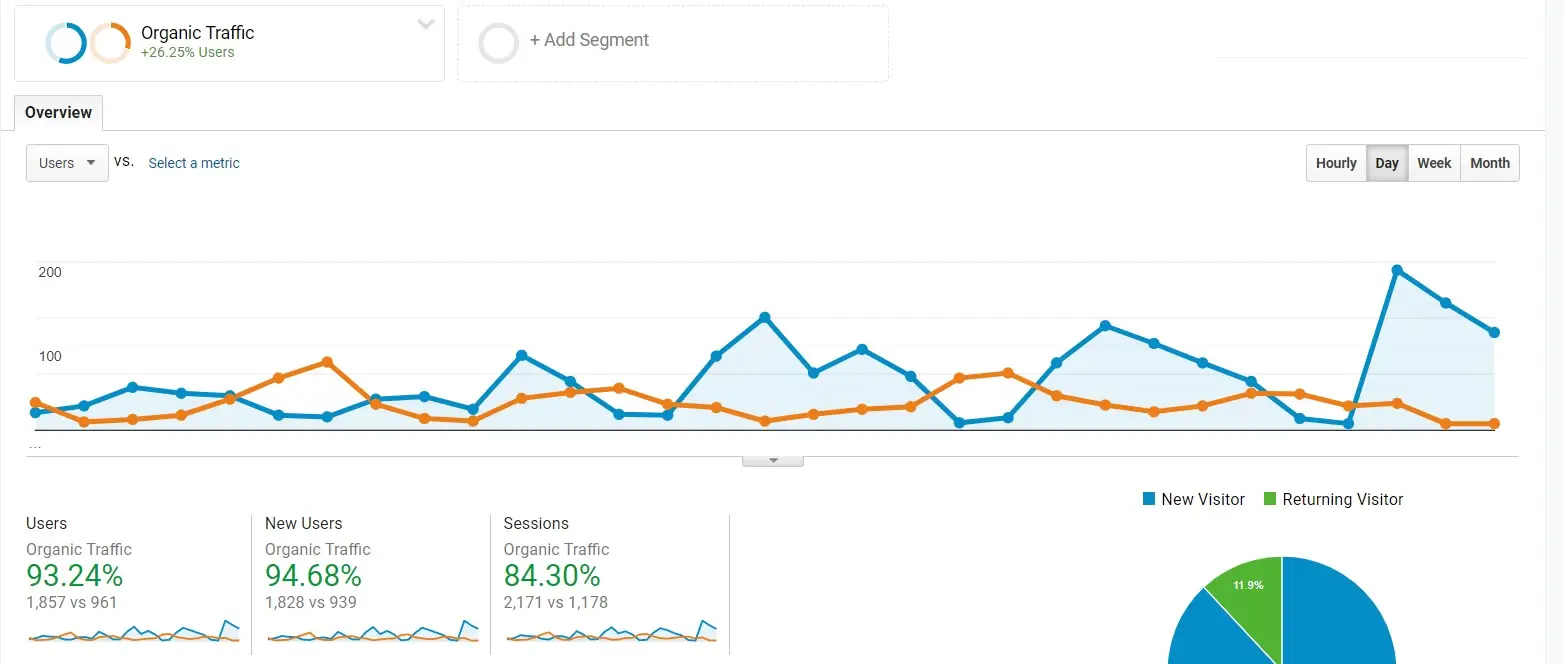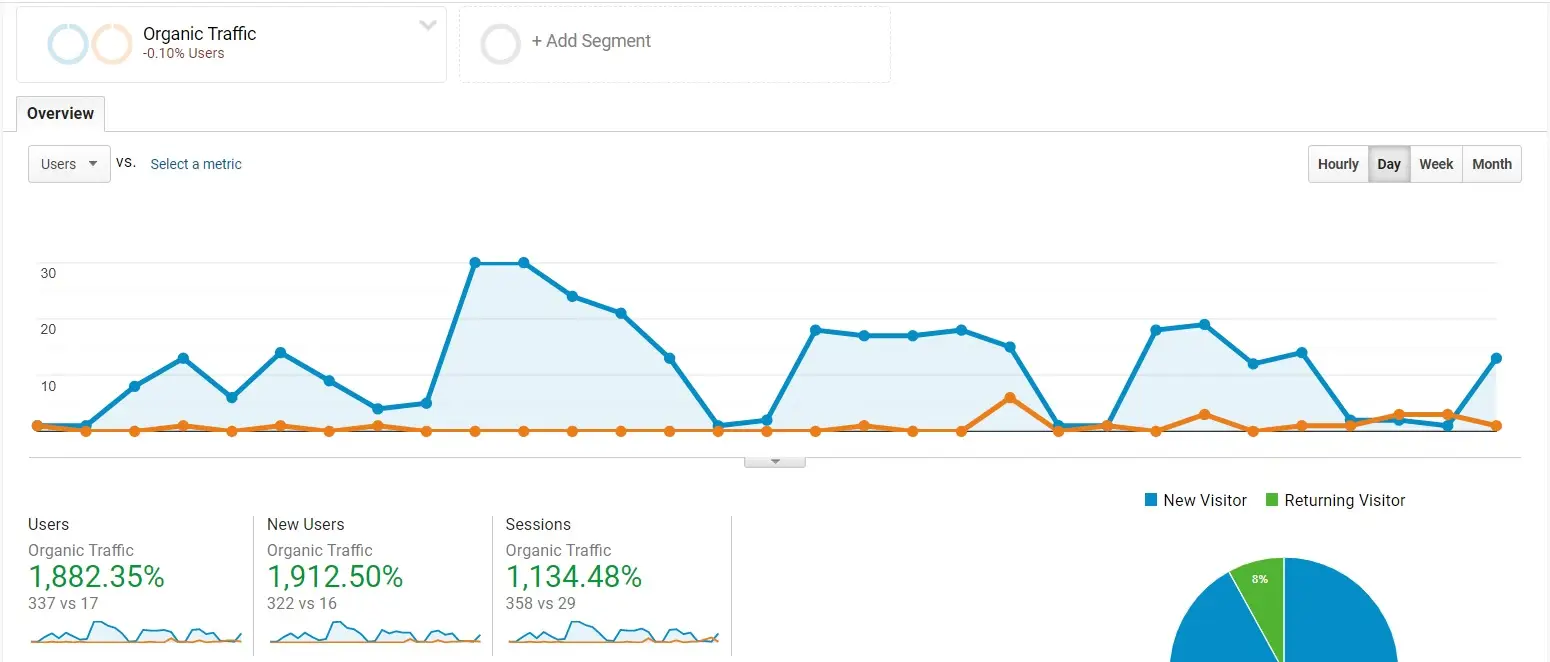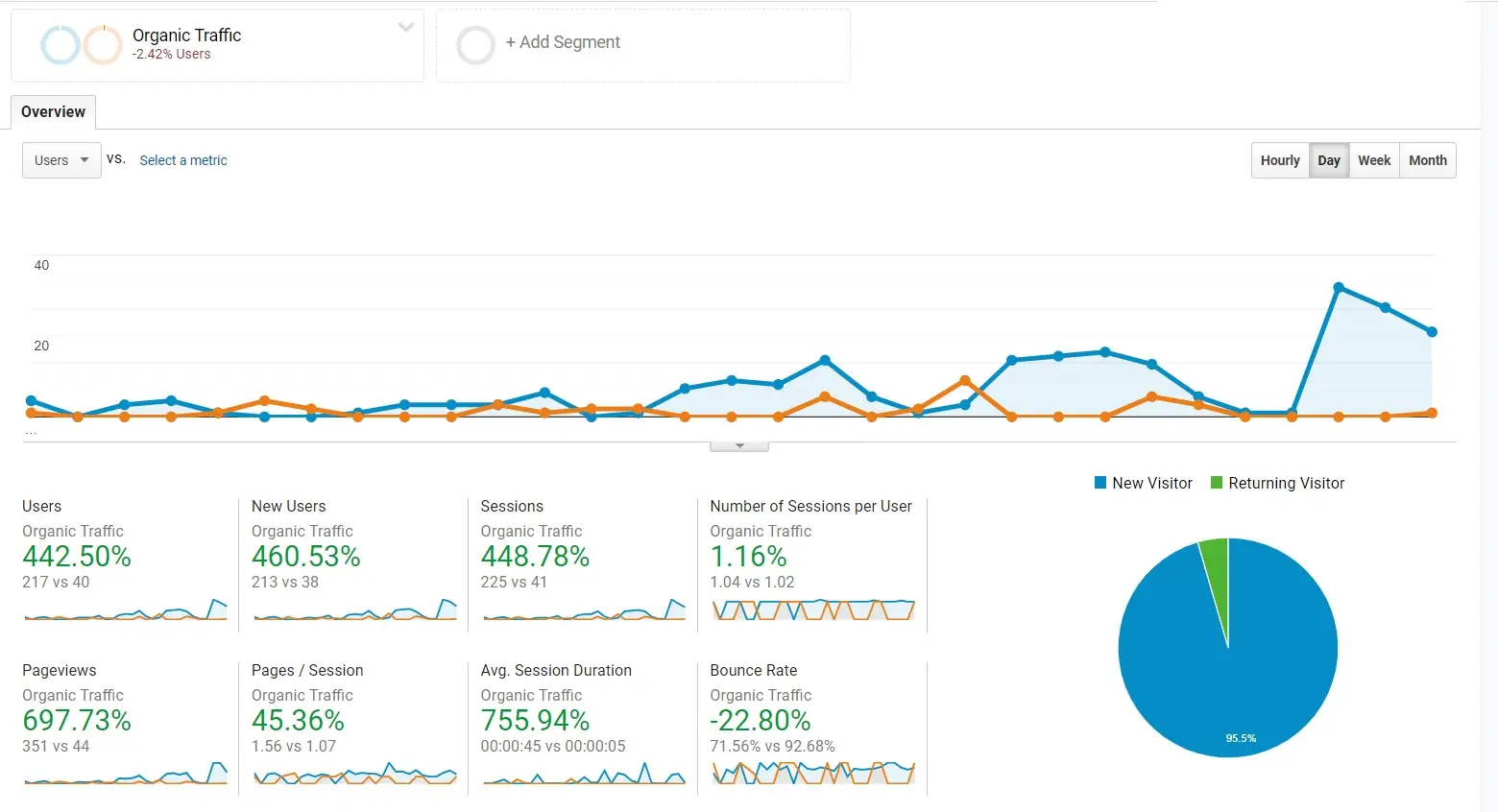Unlock your SEO Potential: From America to Global domination
SEO serves as a pivotal catalyst for businesses seeking to broaden their reach, especially within America’s dynamic market. Our meticulously crafted SEO strategies, effectively target consumers who are actively searching for keywords related to your business.
SEO Web Up will not only reinforce your brand’s authority but also nurture a meaningful connection with the target community. A well-executed SEO strategy has the potential to transform your website into a formidable instrument for driving targeted traffic, enhancing your credibility, and ultimately fostering sustainable growth.
Embrace the opportunity to unlock your business’s full potential by strategically targeting most sought-after locales, where the efficacy of location-based SEO is unmatched. Or optimize your online presence and engage targeted audiences worldwide with our international SEO expertise!
Industry Spotlight (USA): Digital Triumphs and Secrets of Online Success
1. Technology
The USA is home to Silicon Valley and a plethora of tech giants, making the technology sector a vital part of the economy. Companies like Apple, Google, and Microsoft use innovative online marketing strategies to showcase their cutting-edge products and services. Engaging video content, interactive demos, and influencer partnerships bring tech innovations to life. Social media platforms are flooded with updates and tech tutorials, fostering community engagement and keeping consumers excited about the latest advancements.
2. Healthcare
The healthcare industry in the USA is vast and diverse, encompassing everything from hospitals to biotechnology firms. Online marketing strategies in this sector focus on building trust and educating the public. Healthcare providers use informative blogs, engaging social media posts, and video testimonials to connect with patients. Targeted ads promote wellness programs, new treatments, and health tips, ensuring that patients have the information they need to make informed choices about their care.
3. Finance and Banking
The financial services sector is integral to the American economy, offering a wide range of banking, investment, and insurance options. Financial institutions employ online marketing to educate consumers about their products and services through webinars, informative articles, and interactive tools. Engaging content on social media, including tips for financial literacy and market updates, helps build a loyal following. Targeted advertising ensures that they reach specific demographics looking for tailored financial solutions.
4. Retail
The USA boasts a thriving retail sector, from e-commerce giants like Amazon to iconic brick-and-mortar stores. Retailers leverage online marketing to create buzz around sales events and product launches. Dynamic social media campaigns showcase new arrivals and customer reviews, while influencer partnerships drive engagement. Email marketing keeps customers informed about promotions and personalized recommendations, enhancing the shopping experience.
5. Manufacturing
Manufacturing is a cornerstone of the American economy, producing everything from automobiles to electronics. Companies in this sector use online marketing to highlight their innovations and efficiency. Engaging content such as behind-the-scenes videos, success stories, and infographics about production processes resonate with audiences. Social media campaigns promote sustainability efforts and workforce initiatives, connecting manufacturers with consumers who value ethical practices.
6. Agriculture
The USA has a rich agricultural sector, producing a diverse range of crops and livestock. Farmers and agricultural companies are increasingly using online marketing to connect with consumers. Engaging social media content showcases farm-to-table practices, sustainable farming methods, and healthy eating tips. Blogs and videos educate the public about food production and seasonal recipes, fostering a deeper appreciation for local agriculture.
7. Entertainment and Media
Home to Hollywood and a thriving music industry, the USA is a global leader in entertainment. Companies in this sector utilize online marketing to create excitement around movies, music, and shows. Social media platforms are flooded with trailers, behind-the-scenes content, and interactive fan engagements. Streaming services employ targeted ads and personalized recommendations to keep audiences engaged and coming back for more.
8. Tourism and Hospitality
With its diverse landscapes and attractions, the USA is a top travel destination. The tourism and hospitality industry employs online marketing strategies that emphasize experiences. Engaging content showcases everything from national parks to urban adventures, inviting travelers to explore. Influencer collaborations and user-generated content on social media create a sense of community and inspire wanderlust, while targeted ads ensure that potential visitors are aware of special promotions and packages.
9. Education
The education sector in the USA is extensive, featuring a wide range of institutions from K-12 schools to prestigious universities. Educational institutions utilize online marketing to attract students by showcasing unique programs, campus life, and success stories. Engaging video content and social media campaigns facilitate virtual tours and interactive Q&A sessions, helping prospective students make informed decisions about their education.
10. Renewable Energy
As the world shifts towards sustainability, the renewable energy sector is gaining momentum in the USA. Companies in solar, wind, and other renewable energy sources utilize online marketing to educate consumers about their benefits. Informative content, success stories, and infographics are shared on social media to raise awareness. Targeted advertising promotes clean energy solutions, encouraging both businesses and consumers to consider sustainable options.
Online Marketing Mavericks: Inspiring Campaigns by Renowned Companies
1. Disney (Entertainment)
Step into the magic with Disney! Their online marketing captivates audiences with enchanting visuals and heartwarming stories that bring beloved characters to life. Through immersive social media campaigns, Disney engages fans with interactive content, sneak peeks of upcoming movies, and magical experiences at their theme parks. Whether you’re a child or just young at heart, Disney’s marketing invites everyone to experience the wonder.
2. Amazon (E-Commerce)
Shop the world with Amazon, the online retail giant that redefines convenience! Their innovative online marketing strategies use personalized recommendations, targeted ads, and engaging email campaigns to make shopping effortless. With lightning-fast delivery options and vibrant social media promotions, Amazon connects with customers in real-time, making it easy to discover everything from everyday essentials to unique finds.
3. Nike (Sportswear)
Unleash your potential with Nike, where performance meets style! Their online marketing is all about inspiration, featuring powerful storytelling and captivating visuals that motivate athletes of all levels. Engaging social media content showcases athletes’ journeys and promotes new product launches, while their community-focused campaigns invite everyone to join the movement and embrace a healthier lifestyle.
4. Starbucks (Coffee and Beverages)
Experience a world of flavor with Starbucks! Their online marketing is aromatic and inviting, using beautiful imagery and engaging content to promote seasonal beverages and exclusive offerings. Through social media interactions and a robust loyalty program, Starbucks creates a sense of community, inviting coffee lovers to connect over their favorite brews and unique experiences.
5. Tesla (Automotive)
Drive into the future with Tesla, where innovation and sustainability collide! Their online marketing strategy is sleek and tech-savvy, using captivating visuals and compelling narratives to showcase electric vehicles and groundbreaking technology. Engaging social media content and direct communication from CEO Elon Musk create a loyal following, inviting customers to be part of a movement towards a greener planet.
6. Airbnb (Hospitality)
Travel like a local with Airbnb! Their online marketing strategy is all about authentic experiences, featuring stunning visuals of unique accommodations around the globe. Through engaging content and community stories shared on social media, Airbnb inspires wanderlust and invites travelers to explore new destinations while feeling at home, no matter where they are.
7. Netflix (Streaming Services)
Binge-watch your favorites with Netflix, the ultimate entertainment platform! Their online marketing strategy is dynamic and engaging, using eye-catching trailers and personalized recommendations to keep subscribers hooked. Social media campaigns create buzz around new releases, while interactive content invites viewers to participate in discussions, making Netflix not just a platform, but a community of film and TV lovers.
8. Apple (Technology)
Discover innovation with Apple, where cutting-edge technology meets stunning design! Their online marketing captivates audiences with sleek visuals and compelling storytelling that highlight the latest products and features. Through engaging social media campaigns and interactive events, Apple creates a buzz that keeps fans eagerly anticipating the next big reveal, fostering a community of loyal enthusiasts.
9. Home Depot (Home Improvement)
Transform your space with Home Depot, the go-to destination for DIY enthusiasts! Their online marketing is practical and inspiring, featuring how-to videos, project ideas, and seasonal promotions. Through engaging social media content and interactive tools, Home Depot encourages customers to tackle home improvement projects with confidence, making every renovation a rewarding experience.
10. Coca-Cola (Beverages)
Taste the feeling with Coca-Cola, a brand that’s all about connection and joy! Their online marketing is vibrant and nostalgic, featuring lively campaigns that celebrate moments of happiness. Engaging social media posts and interactive promotions invite fans to share their Coca-Cola experiences, creating a sense of community around the brand and making every sip a celebration.
11. Walmart (Retail)
Shop smart with Walmart, where value meets convenience! Their online marketing strategy focuses on accessibility and savings, showcasing promotions and everyday low prices. Engaging content on social media and their user-friendly app make it easy for customers to discover great deals and shop efficiently, ensuring that Walmart remains a household name in retail.
The SEO Map of America: Key Locations for Marketing Success
1. New York City, New York
New York City is a global financial hub, home to Wall Street and major corporations across diverse industries, including finance, media, and technology. The city’s vibrant cultural scene, diverse population, and extensive infrastructure provide businesses with access to a large consumer base and a skilled workforce. NYC is also a leader in innovation, with numerous startups and tech companies emerging in areas like Silicon Alley.
2. San Francisco, California
San Francisco is renowned as a technology epicenter, particularly in Silicon Valley, where many of the world’s leading tech companies and startups are based. The area fosters innovation and entrepreneurship, attracting top talent from around the globe. San Francisco’s strong venture capital presence supports new ventures, while its diverse economy includes sectors like finance, biotechnology, and green technology.
3. Chicago, Illinois
Chicago is a major business hub in the Midwest, known for its strong finance, manufacturing, and logistics sectors. The city has a diverse economy, with significant contributions from technology, healthcare, and transportation industries. Chicago’s central location and robust infrastructure, including O’Hare International Airport, make it an ideal logistics and distribution center, connecting businesses to markets across the country.
4. Los Angeles, California
Los Angeles is a global center for entertainment, media, and fashion. The city is home to Hollywood, making it a hotspot for film and television production. Additionally, LA has a thriving tech scene, particularly in digital media and startups. Its diverse economy encompasses various sectors, including tourism, international trade, and manufacturing, supported by a large consumer base and a vibrant cultural environment.
5. Austin, Texas
Austin is known for its booming tech industry and vibrant startup culture, often referred to as “Silicon Hills.” The city attracts young professionals and entrepreneurs with its creative atmosphere, numerous tech conferences, and strong investment in innovation. Austin’s economy is also bolstered by sectors such as music, education, and healthcare, making it an appealing location for diverse businesses.
6. Seattle, Washington
Seattle is a major tech hub, home to giants like Amazon and Microsoft, along with a thriving startup ecosystem. The city’s focus on technology, aerospace, and healthcare drives its economy, supported by a highly educated workforce. Seattle’s picturesque setting and cultural vibrancy enhance its appeal to businesses and employees alike, making it a desirable location for companies seeking talent and innovation.
7. Boston, Massachusetts
Boston is a leading center for education and healthcare, with prestigious institutions like Harvard and MIT. The city’s economy is driven by biotechnology, pharmaceuticals, and technology startups. Boston’s strong emphasis on research and development fosters innovation, making it an attractive location for businesses in science and technology. Its rich history and cultural offerings add to the city’s appeal for professionals.
8. Miami, Florida
Miami is a vibrant city known for its international trade, tourism, and finance. Its strategic location as a gateway to Latin America makes it an attractive hub for businesses engaged in global trade and commerce. Miami’s diverse economy includes sectors like real estate, technology, and entertainment. The city’s cultural diversity and lifestyle also attract a young workforce, enhancing its business environment.
9. Denver, Colorado
Denver is recognized for its strong economy and quality of life, attracting businesses in technology, telecommunications, and renewable energy. The city’s central location provides easy access to both coasts, making it a strategic hub for logistics and distribution. Denver’s outdoor lifestyle and vibrant cultural scene contribute to a high quality of life, attracting talent and fostering a strong business community.
10. Atlanta, Georgia
Atlanta is a major business center in the Southeast, known for its logistics, technology, and media industries. The city is home to several Fortune 500 companies and has a robust infrastructure, including the busiest airport in the country. Atlanta’s diverse economy encompasses finance, healthcare, and film production, supported by a growing population and a strong talent pool, making it an attractive location for businesses of all sizes.
11. Washington, D.C.
Washington, D.C. is not only the nation’s capital but also a significant hub for government, non-profit, and lobbying organizations. The city’s economy benefits from a robust job market in sectors like education, healthcare, and technology. The presence of numerous federal agencies and international organizations provides opportunities for businesses focused on consulting, law, and public policy.
12. Houston, Texas
Houston is a major center for the energy sector, particularly oil and gas, while also experiencing growth in healthcare, aerospace, and technology. The city’s diverse economy and favorable business climate attract companies from various industries. Houston’s strategic location and extensive transportation infrastructure facilitate logistics and trade, making it a prime location for manufacturing and distribution businesses.
13. Philadelphia, Pennsylvania
Philadelphia is a historical city with a diverse economy that includes healthcare, education, and financial services. The presence of renowned universities and research institutions fosters innovation, particularly in biotech and pharmaceuticals. Philadelphia’s strategic location along the Northeast Corridor allows for easy access to major markets, enhancing its appeal for businesses in logistics and distribution.
14. Phoenix, Arizona
Phoenix has emerged as one of the fastest-growing cities in the U.S., with a robust economy driven by technology, healthcare, and manufacturing. The city’s affordable cost of living and business-friendly environment attract new residents and companies. Phoenix also benefits from a strategic location with access to major highways, facilitating trade and logistics.
15. Minneapolis-St. Paul, Minnesota
The Twin Cities are known for their strong economy, which includes finance, healthcare, and retail sectors. The region is home to several Fortune 500 companies and has a vibrant startup ecosystem. Minneapolis-St. Paul boasts a high quality of life, cultural attractions, and a strong emphasis on sustainability, making it an attractive location for businesses and talent.
16. Orlando, Florida
Orlando is a major tourist destination, renowned for its theme parks and entertainment industry. However, the city also has a growing economy in sectors like technology, aerospace, and healthcare. The presence of major companies and a skilled workforce make Orlando a favorable location for business development, particularly in hospitality and tourism-related services.
17. Charlotte, North Carolina
Charlotte is a major financial hub, second only to New York City in banking assets. The city is home to several major banks and financial institutions, making it attractive for finance and investment firms. Additionally, Charlotte’s diverse economy includes sectors like energy, technology, and healthcare, supported by a growing population and favorable business climate.
18. Salt Lake City, Utah
Salt Lake City is recognized for its strong economy and entrepreneurial spirit, with growing sectors in technology, healthcare, and outdoor recreation. The city has a highly educated workforce and a low unemployment rate, making it an appealing location for startups and established companies alike. Salt Lake City’s access to outdoor activities also enhances its quality of life, attracting talent.
19. Baltimore, Maryland
Baltimore has a diverse economy with strengths in healthcare, biotechnology, and logistics. The city is home to several prestigious universities and research institutions, fostering innovation and attracting talent. Baltimore’s strategic location along the East Coast allows for easy access to major markets, making it a prime location for businesses in trade and manufacturing.
20. Nashville, Tennessee
Nashville is known for its vibrant music and entertainment scene, but it is also a growing hub for healthcare, technology, and education. The city attracts businesses and talent with its strong economy and high quality of life. Nashville’s diverse industries and cultural attractions make it an appealing location for startups and established firms alike.



